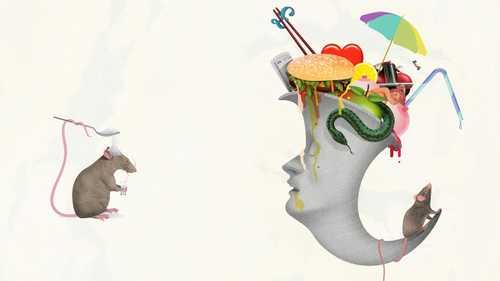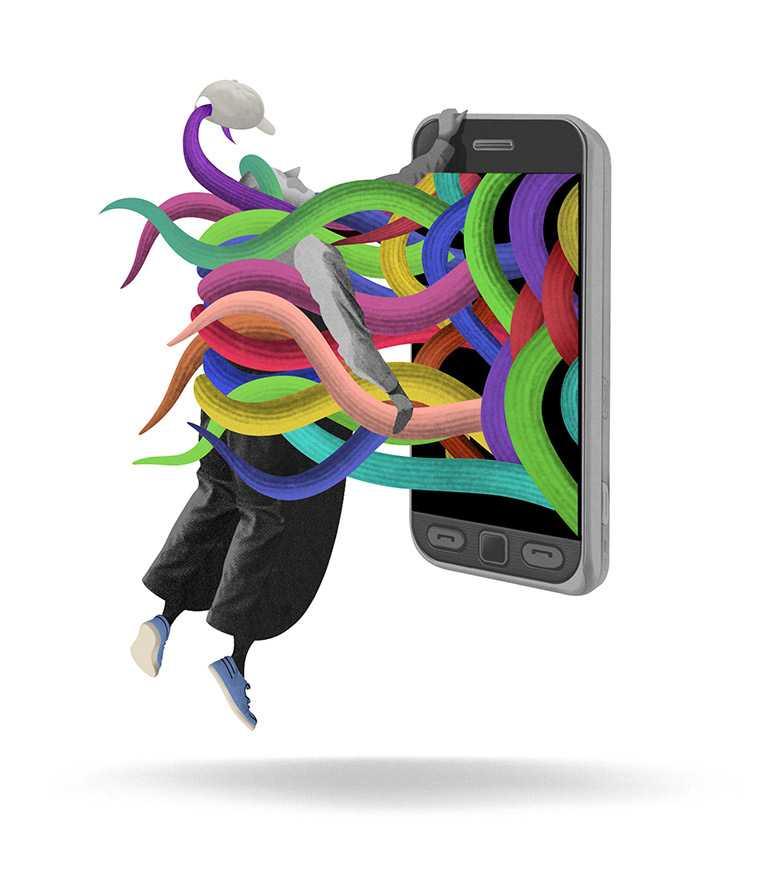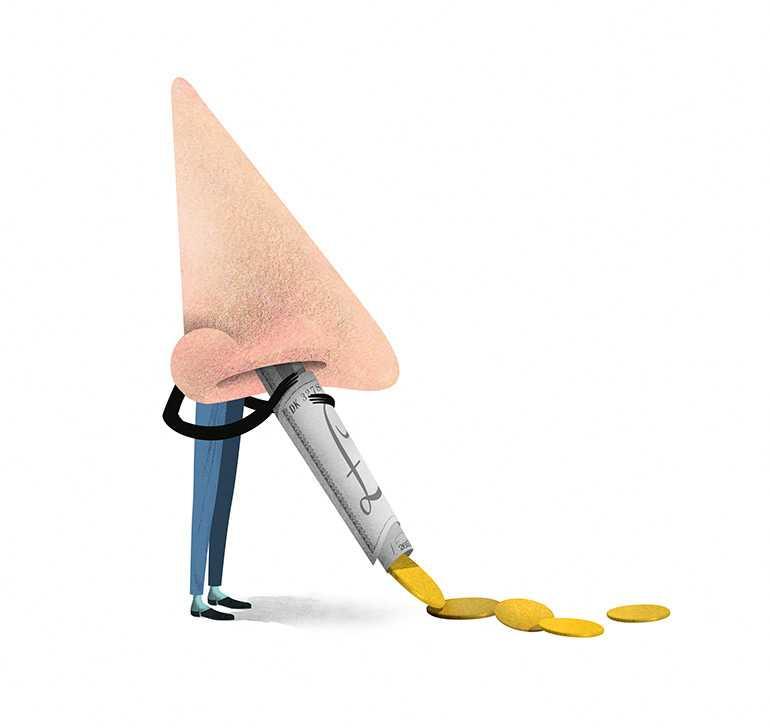The science of craving
Curated from: 1843magazine.com
Ideas, facts & insights covering these topics:
9 ideas
·6.38K reads
32
Explore the World's Best Ideas
Join today and uncover 100+ curated journeys from 50+ topics. Unlock access to our mobile app with extensive features.
The reward system
The reward system in our brain exists to ensure we seek out what we need. If eating nutritious food or being smiled at pleases us, we try to secure more of these stimuli. However, seeking pleasure can also result in people becoming addicted, indebted or overweight.
222
1.1K reads
Desire and pleasure
In 1986, a discovery was made that dopamine did not produce pleasure, but in fact, desire. While dopamine makes us want, pleasure comes from opioids and endocannabinoids ( a kind of marijuana produced in the brain), which paints pleasure on good experiences.
246
965 reads
Potential clinical application
We cannot explain away our minds by brain mechanisms. Brain mechanisms are part of our minds.
Understanding that desire and dread, for instance, share the same brain operations, could help ease schizophrenia symptoms by restricting a particular dopamine neuron that produces fear.
175
734 reads
Pleasure and desire
One of the key things in pleasure is that it comes in cycles.
The hungry desire state before a meal could produce pleasure from the anticipation of good food. Then, while eating, pleasure dominates, but desire could still come for more salt or a drink until satisfied. If we switch to the desert, we can prolong the pleasure again.
179
630 reads
Music and social pleasure
The closest we can come to hold on to pleasure is in music. It is a tension-and-release kind of thing that can keep you going for a long time, waxing and waning, desiring and enjoying.
Music also tends to unite us - dancing with someone is more fun than doing it alone. It's all about other people and social pleasure.
190
564 reads
Reasons for craving
Addicts, for instance, crave drugs even after years of abstinence because addictive substances hijack the dopamine system and change it permanently.
When exposed to addictive substances like cocaine, heroin, alcohol, nicotine and even sugar, neurons are releasing more dopamine, and also growing more receptors for a transmitter that makes them release the dopamine. It is a permanent physical change.
236
639 reads
Dopamine as a motivator
Our brains can also become sensitized to prompts. The Pavlovian conditioning was used on rats to link a particular cue to cocaine or sugar. The rats ended up desiring the cue more than the drug. The same may apply when checking our phones.
Advertising and availability are also tempting cues prompting us to want.
185
556 reads
Novelty activates dopamine
Something as simple as dropping your keys once will fire dopamine neurons. But, if you drop them a few more times, the neurons will get bored and stop taking notice.
The market economy has increased the dopamine-wanting system. If you can give the consumer novelty, they will continuously want more.
197
557 reads
Taming the dopamine desires
The best way of resisting is not to linger over the temptation, but to decide to move away from it, as witnessed in the marshmallow tests.
Mindfulness meditation may also help. It's not that meditation makes the wanting go away - it's giving the more cognitive mind a way of distancing itself from the urgency of those wants.
225
627 reads
IDEAS CURATED BY
"The more you understand yourself, the more silence there is, the healthier you are." - Maxime Lagacé
Teagan P.'s ideas are part of this journey:
Learn more about personaldevelopment with this collection
How to showcase your skills and experience
How to answer common interview questions
How to make a good first impression
Related collections
Similar ideas
7 ideas
Can You Really Be Addicted to Video Games?
nytimes.com
2 ideas
3 ideas
Has dopamine got us hooked on tech?
theguardian.com
Read & Learn
20x Faster
without
deepstash
with
deepstash
with
deepstash
Personalized microlearning
—
100+ Learning Journeys
—
Access to 200,000+ ideas
—
Access to the mobile app
—
Unlimited idea saving
—
—
Unlimited history
—
—
Unlimited listening to ideas
—
—
Downloading & offline access
—
—
Supercharge your mind with one idea per day
Enter your email and spend 1 minute every day to learn something new.
I agree to receive email updates


